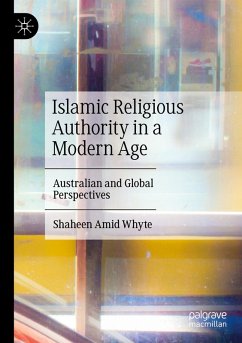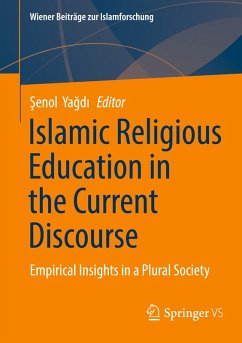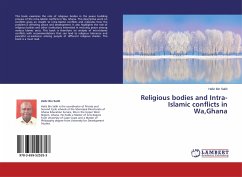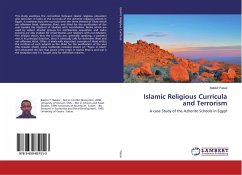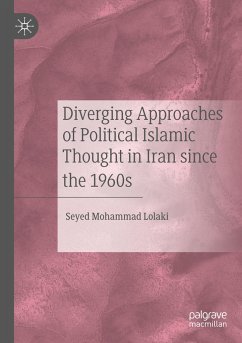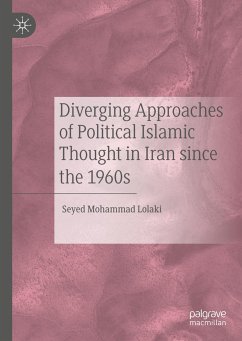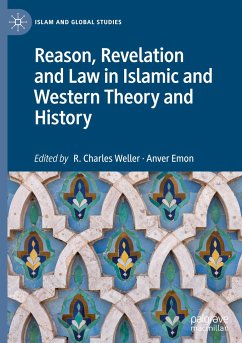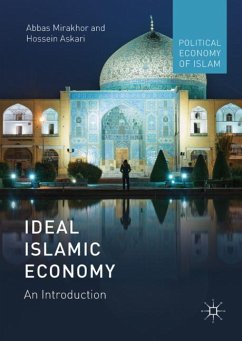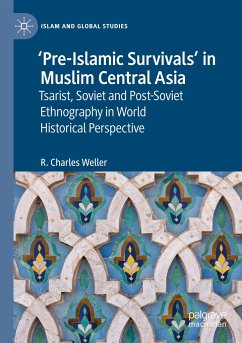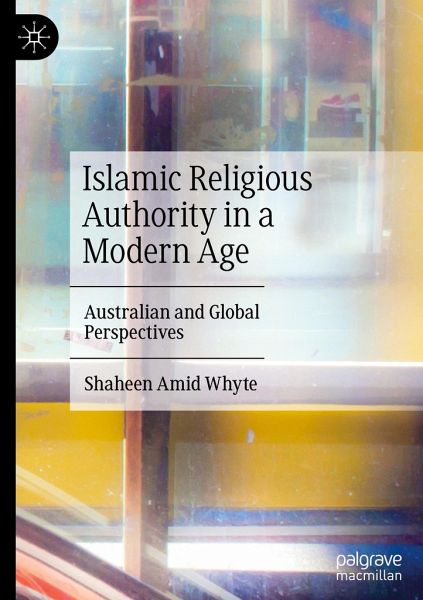
Islamic Religious Authority in a Modern Age
Australian and Global Perspectives
Versandkostenfrei!
Versandfertig in 6-10 Tagen
91,99 €
inkl. MwSt.
Weitere Ausgaben:

PAYBACK Punkte
46 °P sammeln!
This book situates Australian Muslim experiences of religious authority within the global context of Islam in the modern world. While drawing on examples of Muslim-majority states, new empirical findings indicate the growing diversity of Muslim religious actors in Australia, as well as the contextual realities shaping the way religious authority is legitimised and contested in democratic and authoritarian environments. In particular, the study challenges homogenous articulations of Islamic religious authority in unearthing new voices, epistemologies and socio-political factors shaping Muslim a...
This book situates Australian Muslim experiences of religious authority within the global context of Islam in the modern world. While drawing on examples of Muslim-majority states, new empirical findings indicate the growing diversity of Muslim religious actors in Australia, as well as the contextual realities shaping the way religious authority is legitimised and contested in democratic and authoritarian environments. In particular, the study challenges homogenous articulations of Islamic religious authority in unearthing new voices, epistemologies and socio-political factors shaping Muslim attitudes and experiences of religious authority. The book fills important gaps in the field, such as intra-Muslim relations, female religious authority, digital Islam and the relationship between traditional ulama, reformists and Muslim intellectuals in the West.





